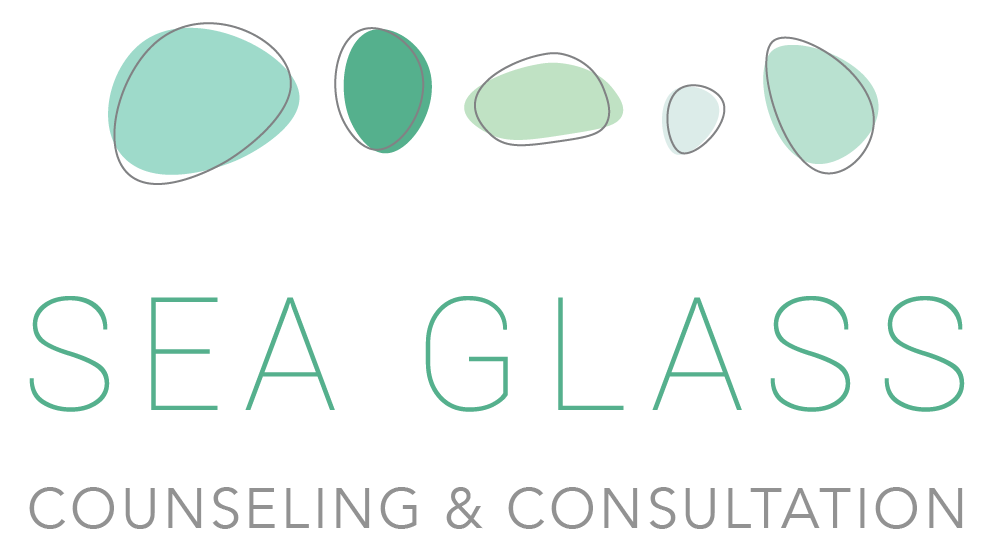Effective treatment for trauma and PTSD symptoms requires a specialist
Trauma is our clinical specialty at Sea Glass Counseling and Consultation. We have extensive and rigorous training in treating trauma and post-traumatic stress disorder (PTSD). Our skilled and compassionate trauma therapists in Dublin, Ohio have experience working with survivors of sex trafficking, spiritual/religious abuse, and emotional neglect, and we are well-versed in helping people heal from other forms of trauma and abuse, too. We can help you have healthier relationships, overcome feelings of shame, and grow into the person you were meant to be.
Not everyone knows how to support trauma survivors
Unfortunately, many trauma survivors don’t receive the support they need. Having a positive, healthy social support system is the #1 protective factor against trauma symptoms developing into PTSD. Our culture is rife with victim-blaming, unhelpful platitudes about suffering, and inaccurate information about what is actually needed to heal from trauma. Women, in particular, are often blamed for the actions of men. If they’re assaulted, people often ask, “What were you wearing?” or “Didn’t you flirt with him?” Because of these shaming messages, trauma survivors are often hesitant to come forward about their struggles.
Sometimes, the people you turn to for support are not helpful – they may even make it worse. Even if they don’t blame you for what happened, they may not understand how trauma reshapes your brain, impacts how you respond to situations, and affects your relationships down the road.














